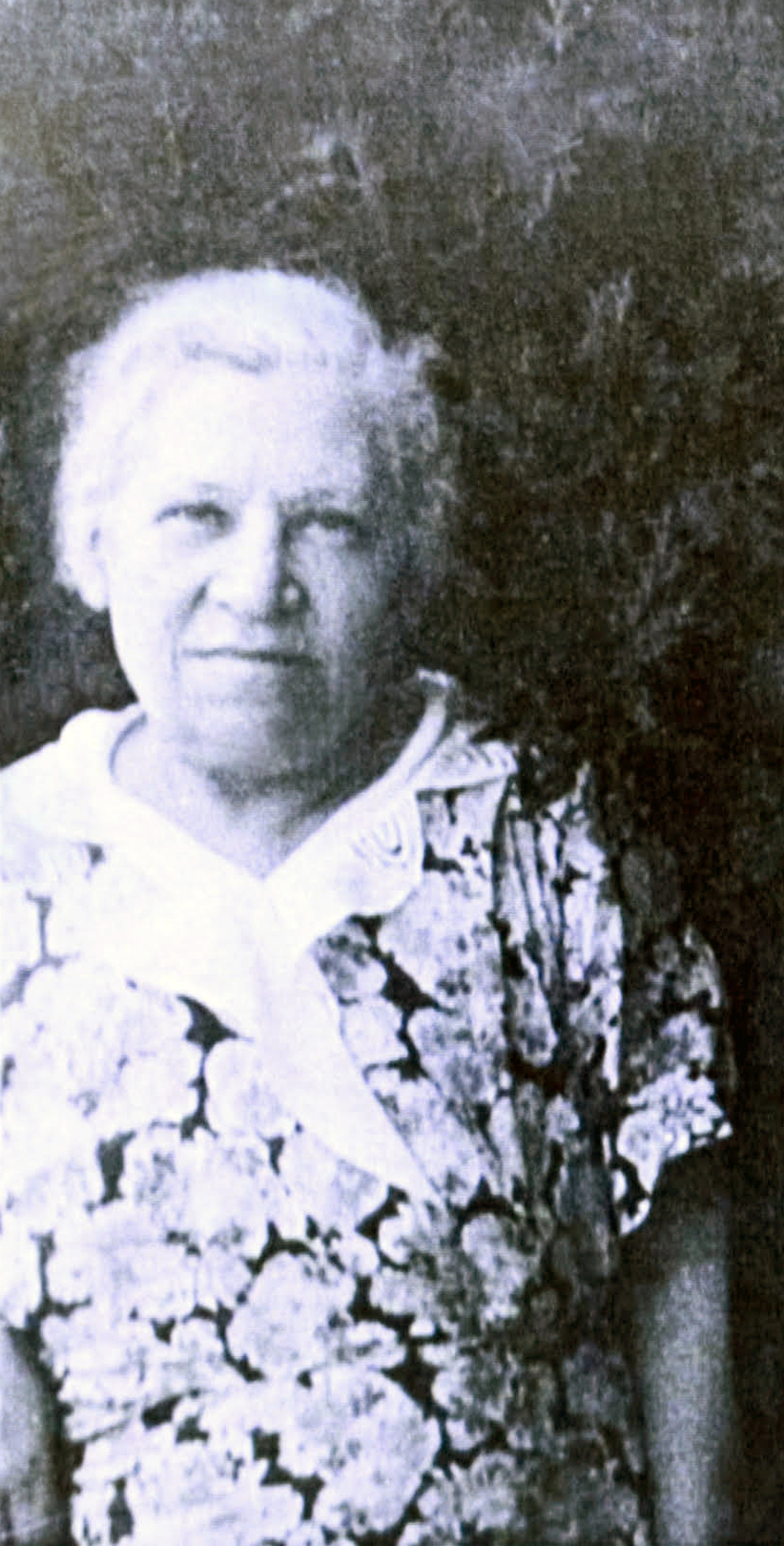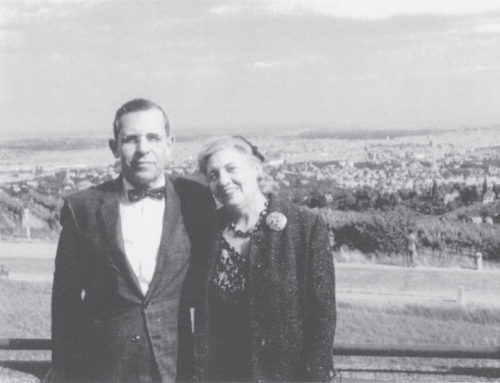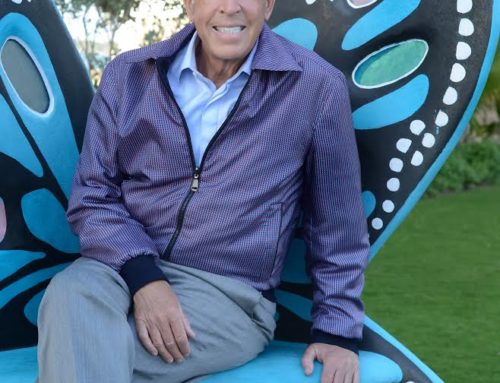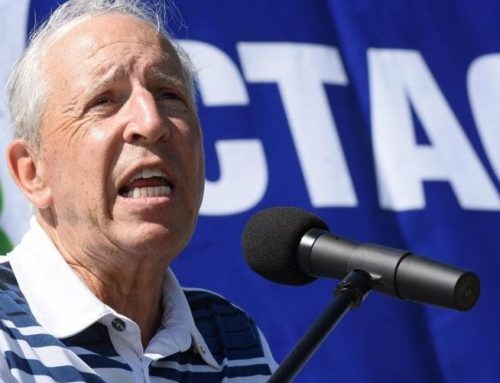Grandmother Werlin: Life in Rural Texas before Electricity
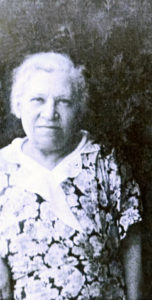
Sarah Werlin. Photo courtesy of Ernest Werlin
I have thought very little about Grandmother Werlin over the years. She died when I was about 10. While she was probably in her 70’s at her death, she could have easily passed for a hundred–her pallid wrinkled skin and bent back reflected her relentless toils to raise her six children in Pearland, Texas-a rural community some 50 miles outside of Houston. In the early 1900’s Grandfather Werlin decided to leave Philadelphia to make a living as a farmer. Grandfather Werlin felt strongly that for Jews to assimilate in America they needed to own land and run a successful farm. Within a few years, Grandfather Werlin went bankrupt. Subsequently, he worked as a bookkeeper in Houston, traveling some 50 miles daily by train. Given his absence, Grandmother Werlin had to perform all the chores of rural life required to raise a family. Whatever the shortfalls of living in a slum in Philadelphia vs. Pearland, Grandmother Werlin infinitely preferred Philadelphia. In Philadelphia, Grandmother could enjoy the company of her many brothers and sisters and the social life of the synagogue. Living on a farm in Pearland was not only back breaking, but lonely. Moreover, life in rural Texas with the last name Verlinski surrounded by members of the Ku Klux Klan had to be intimidating. The name was changed to Werlin during World War I because of the discrimination against foreigners, especially Jews whose native tongue was Yiddish during that period.
Let me mention one more humiliation faced by Grandmother. When Grandfather almost lost his home, she had to go from house to house selling pencils to meet the mortgage payments.
Caro’s writing highlighted the serf like conditions of rural Texas women during that era. Every chore embraced brutal physical labor. In the course of a year, a woman had to carry on her back daily 75 trips from the water well to her home 2 pails of water. By her thirties a woman’s back was bent. The water was used for cooking washing clothes, bathing, and ironing. To be bent over an ironing board in 105 degree weather was a typical summer activity.
Just as bad as the physical brutality was the loneliness. Her children to make a few extra dollars left home early. Their husbands tried to eke out a living through farming.
I realized at an early age that my mother put Grandmother Werlin is a unique category. That is, my mother either loved you and showed incredible loyalty or hated you. The expression Hell hath no fury applied to anybody who crossed Mom. Mom never forgave or forgot. That said, Grandmother resided in purgatory. Despite Grandmother not showing Mom the care and respect that Mom expected Grandmother received special dispensation. Knowing my mother so well, I asked Mom why Grandmother was in a special category. Mom replied: “Grandmother has had a very hard life.” Until I read Caro’s book about the women’s lives in the Hill Country of Texas, I did not fully understand what Mom meant.

